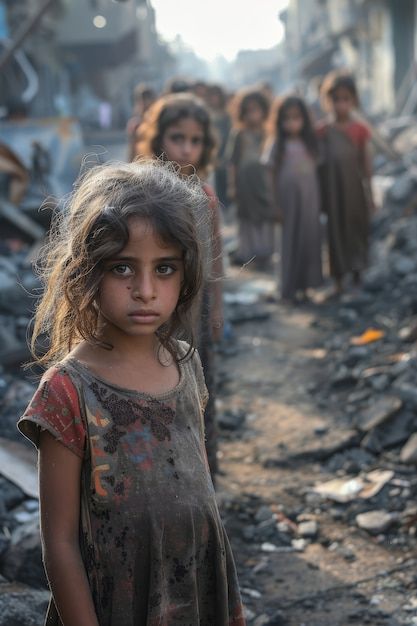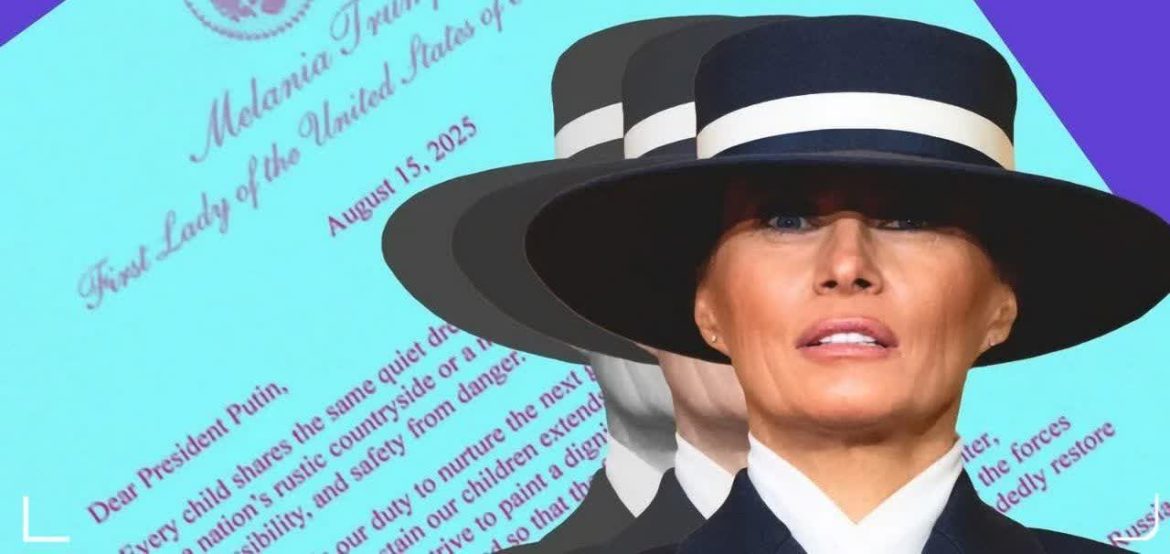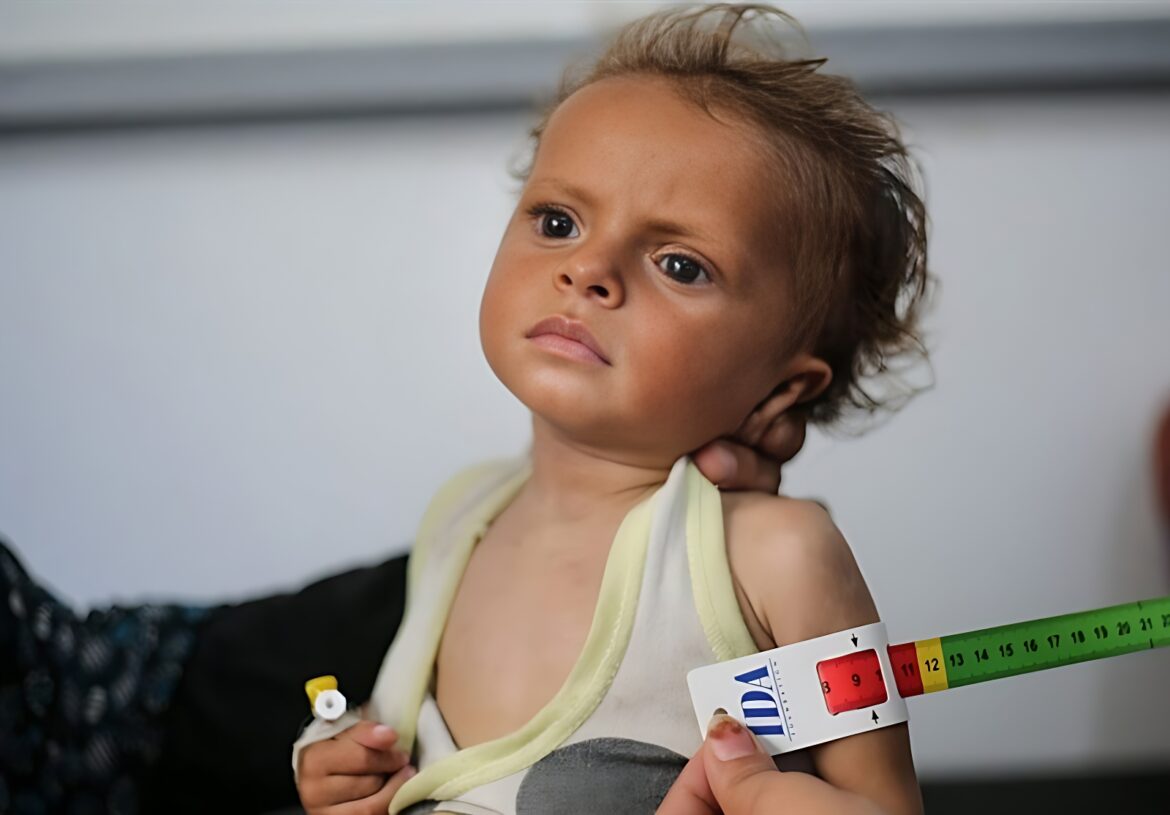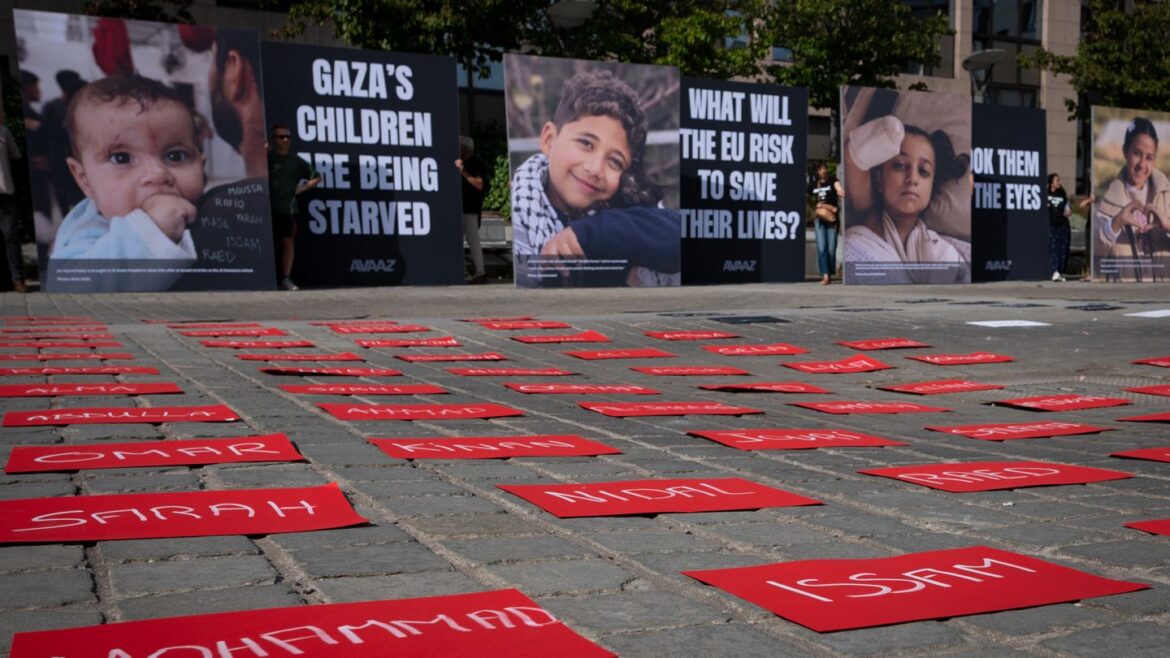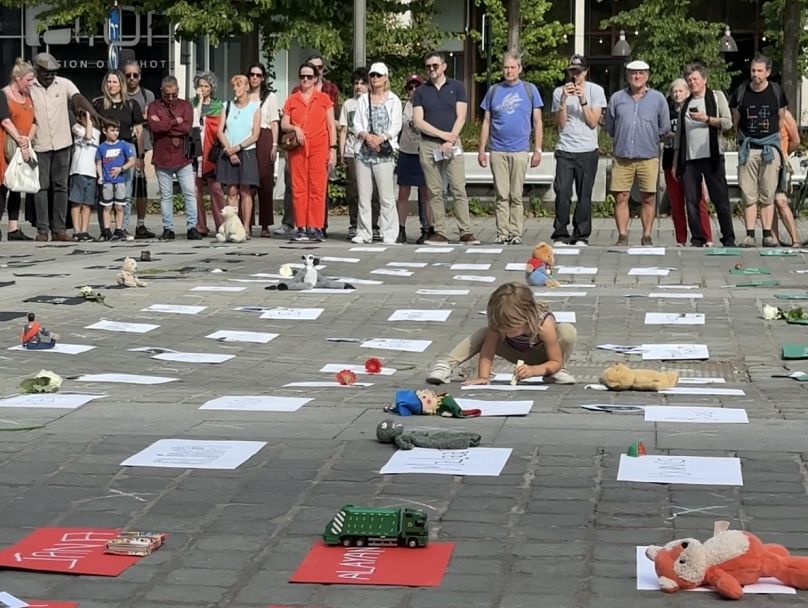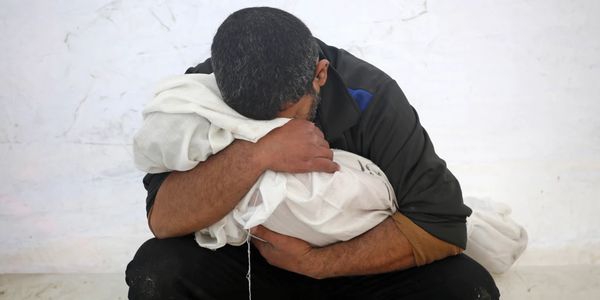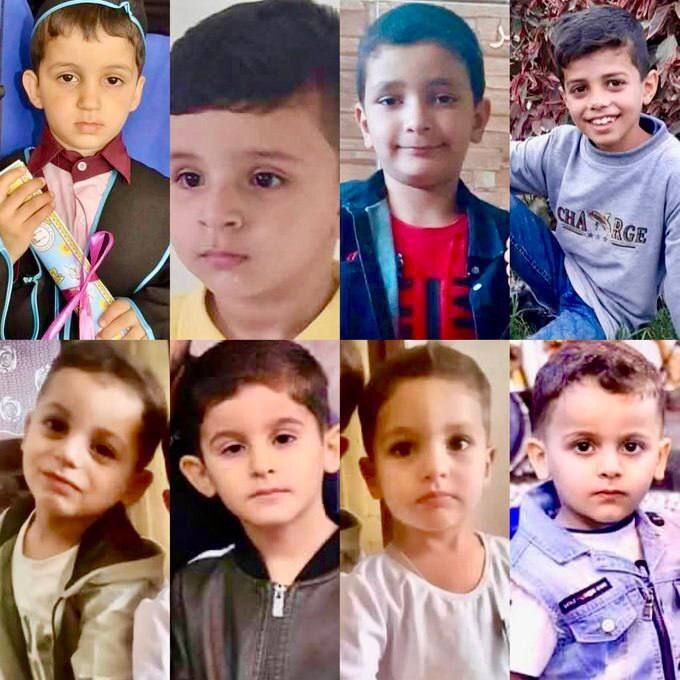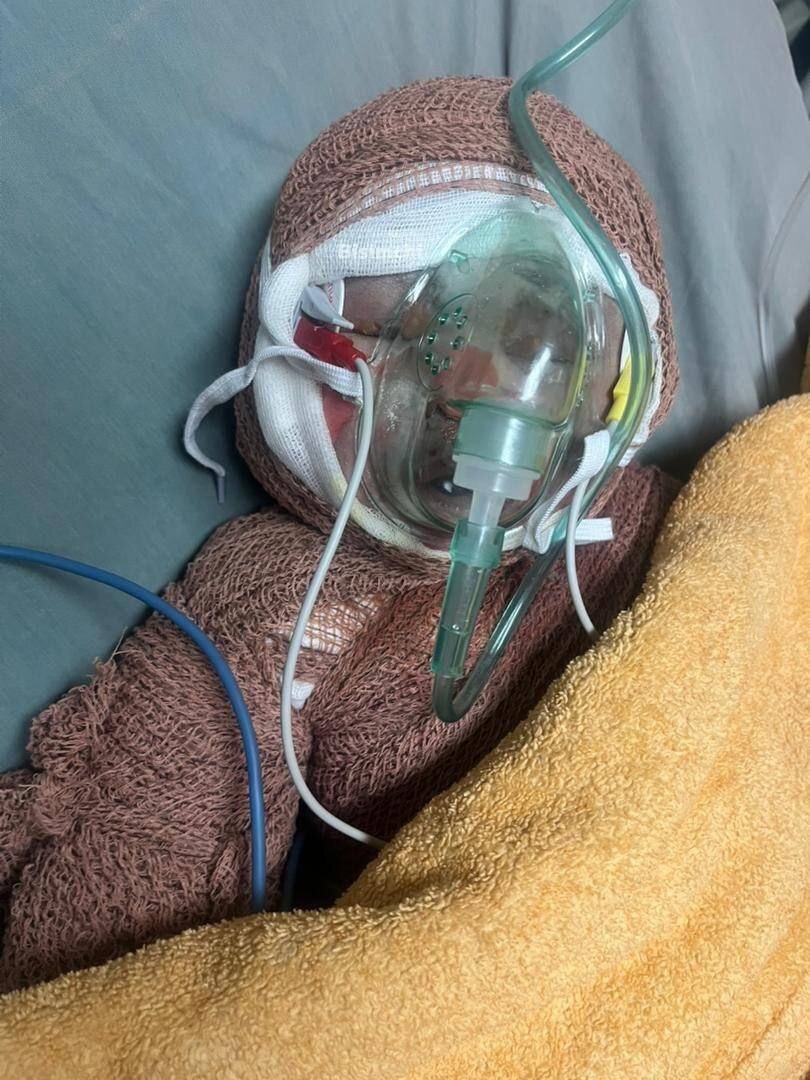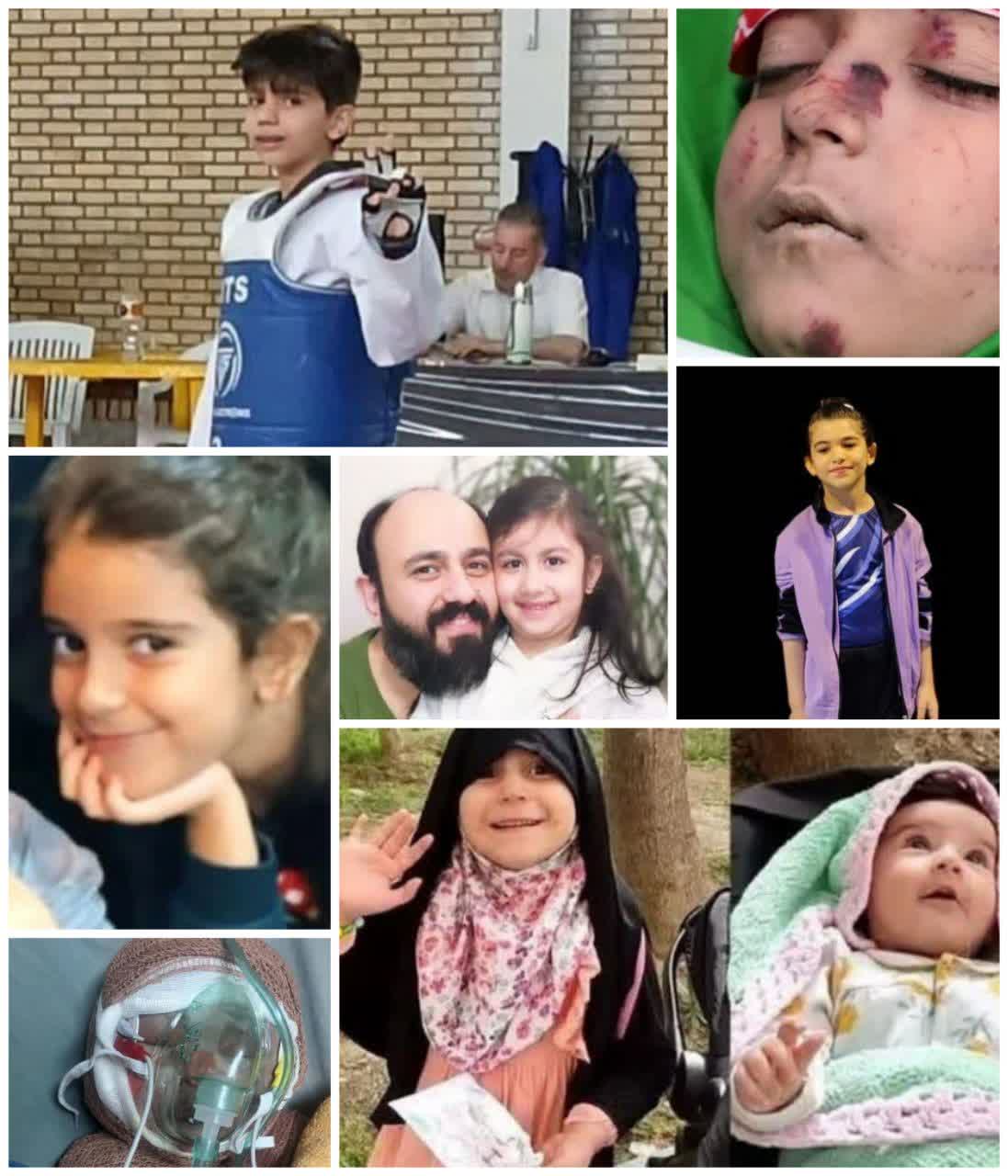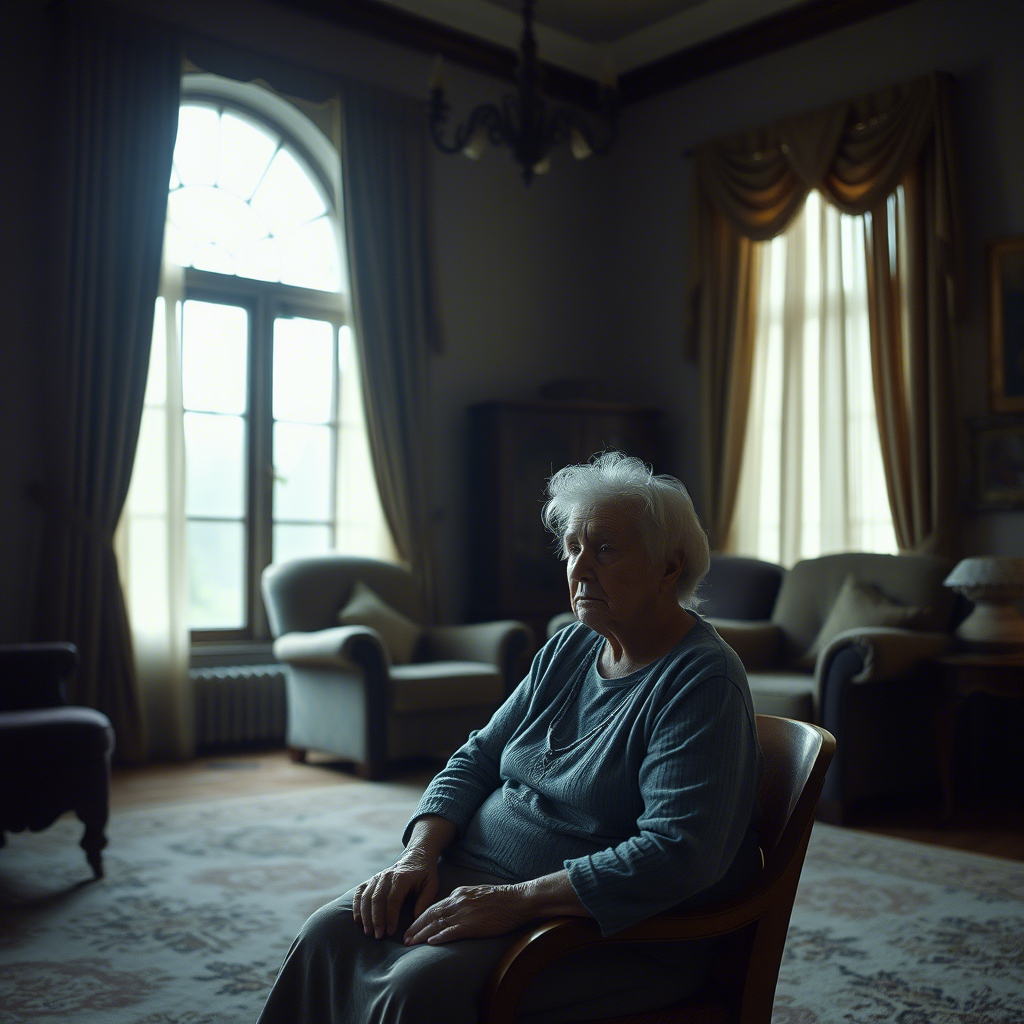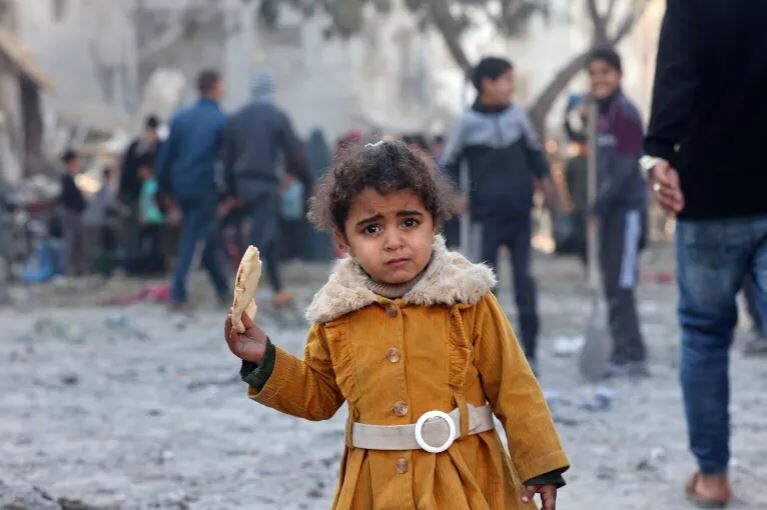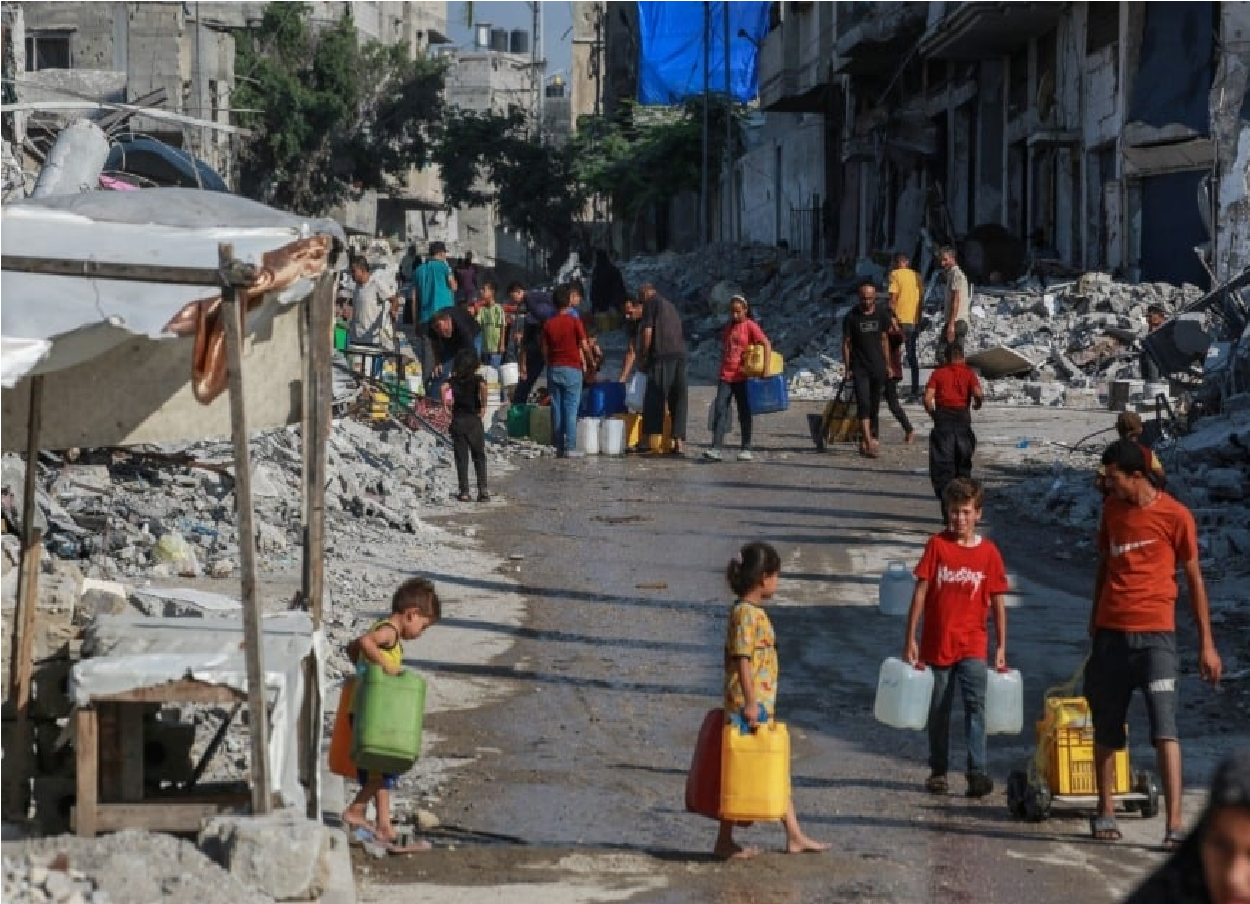As violence continues to ravage the Gaza Strip, thousands of children are not only losing homes and loved ones but also the ability to speak—an alarming outcome of traumatic exposure on young lives.
Trauma Beyond Words: Speech Loss Among Young Survivors
In recent months, local and international professional bodies have documented an uptick in children who stop speaking—not as a result of physical damage to their vocal cords, but due to overwhelming psychological trauma. According to a new report by the Gaza Community Mental Health Program (GCMHP), many children exhibit symptoms such as chronic nightmares, hypersensitivity to loud sounds, involuntary bed-wetting, and complete silence despite no physical speech disability.
One speech therapist interviewed by the United Nations Office at Geneva (UN Geneva) estimated that in one displacement camp “six out of ten children” suffer from speech difficulties linked to the war.
Specialists describe the condition as traumatic mutism, wherein children who have witnessed extreme fear, loss or sustained bombardment lose the capacity to verbalise their experience and instead resort to gestures, silence or repetitive non-verbal communication.
Root Causes: War, Loss and the Silence That Follows
The steady bombardment of Gaza, mass displacement, loss of family, and destruction of infrastructure have created a perfect storm for deep psychological distress. The case studies published in the peer-reviewed Eastern Mediterranean Health Journal describe children who woke from coma, lost close relatives, and then became unable to speak for weeks or months. The damage is compounded by nearly constant shelling and the trauma of living “waiting for the next strike,” as one MSF-affiliated doctor put it.
Speech therapists in Gaza note that stuttering and muteness used to be rare; now they are prevalent and directly correlated with war-related exposure.
The Wider Mental-Health Crisis and Its Implications
It is not just speech: the mental-health crisis among Gaza’s children is vast. UNICEF estimates that almost all of Gaza’s 1.2 million children now need psychosocial support. According to a needs assessment, 96 % of children surveyed felt their death was imminent, and nearly half had expressed a desire to die—a stark indicator of the depth of trauma. Experts warn that without immediate intervention, these speech losses and other psychological injuries could evolve into intergenerational damage, affecting an entire generation’s ability to learn, engage and rehabilitate.
Obstacles to Treatment: Silence in the Midst of Ruin
Despite the urgency, providing effective therapy in Gaza is near-impossible. Clinics have been destroyed, infrastructure is collapsing, electricity and internet are unreliable, and mobility is restricted. One speech-language therapist explained:
“Currently, there are no clinics or centres to treat children … many cases I cannot treat because of the war, destruction and lack of necessary tools.”
International efforts such as mobile psychological units and remote counselling are hampered by constant bombing and communications blackout.
Urgent Actions: From Speech Therapy to Psychosocial Support
Specialists emphasise that early intervention can still make a difference:
- Deploying mobile mental-health units in displacement camps.
- Offering play-based therapy and structured speech-language programmes for children exhibiting speech loss.
- Training caregivers and teachers to recognise signs of traumatic mutism and refer children early.
- Expanding remote support where safe access is impossible.
One expert said:
“The world must listen to Gaza’s silent children. They are not just victims of war—they are survivors who have lost their voices. Helping them speak again means helping them recover their humanity.”
Conclusion:
The children of Gaza face a silent catastrophe of their own. Beyond the visible wounds and ruins lies a quieter, deeper damage: millions of young lives whose voices are stilled by fear, loss and trauma. The stories emerging now demand global attention—not only for rescue and reconstruction but for the restoration of speech, identity and future.
From: Mizanonline


